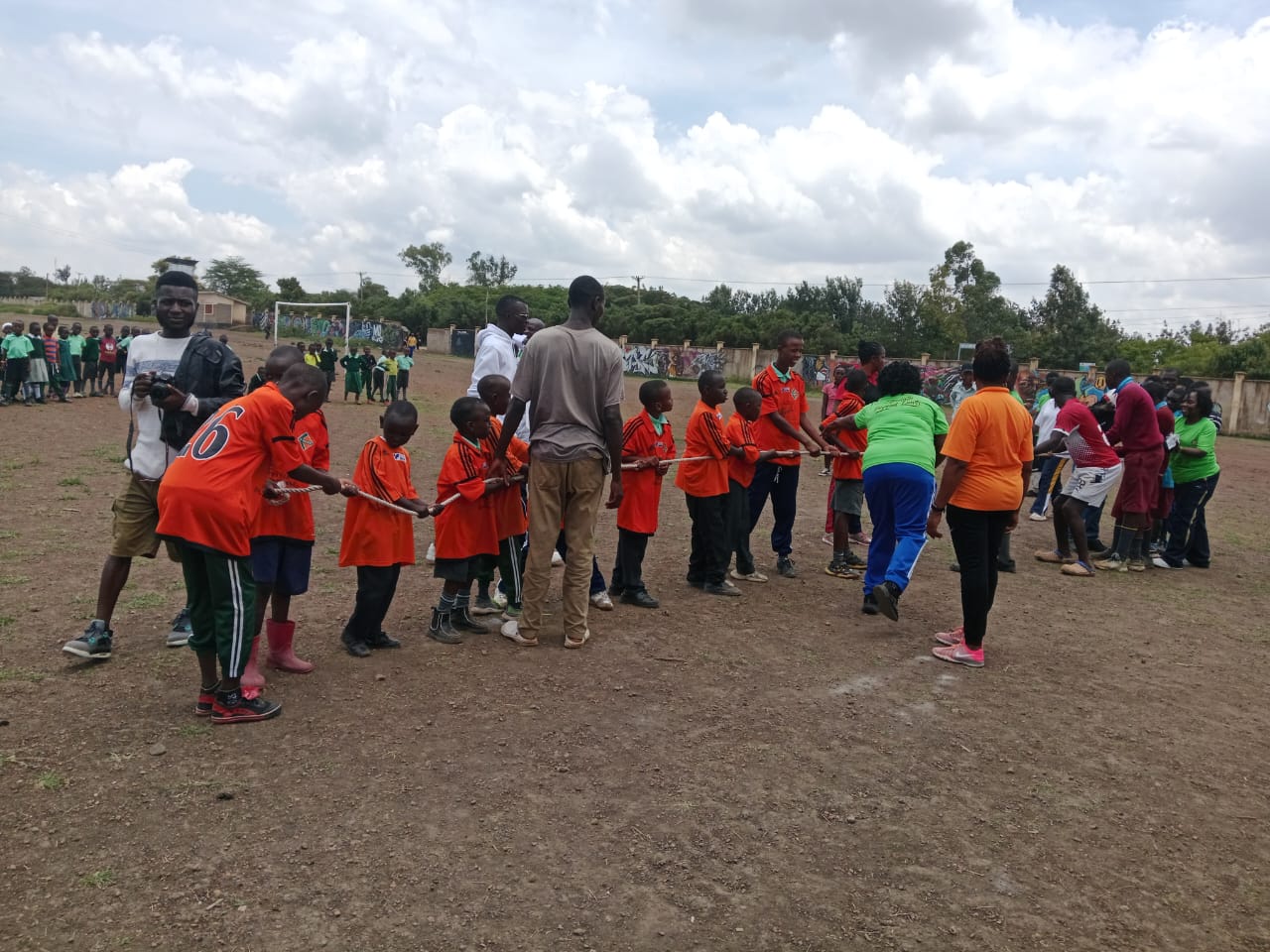Subtotal KSh 0.00
No Widget Added
Please add some widget in Offcanvs Sidebar
Please add some widget in Offcanvs Sidebar
Hope Foundation for African Women (HFAW) is a non-partisan, not for profit and feminist organization that works with rural and peri-urban communities to reduce gender disparities. It focuses on economic empowerment, eradication of gender-based violence (GBV) and female genital mutilation FGM, promotion of sexual and reproductive health and rights and advancement of human and women's rights through popular education and social behavior change communication. HFAW works in Kenya across five counties: Nyamira, Kisii, Kajiado, Kisumu, and Kiambu. These counties were selected as startup areas due to the high prevalence of gender-based violence (GBV), female genital mutilation (FGM), HIV/AIDS, early marriages, teenage pregnancies, and child labour. These issues are often driven or exacerbated by underlying factors such as poverty, polygamy, drug and substance abuse, parental neglect, and unequal gender power relations.With a target of rural and peri-urban women, men, girls and children including those with disabilities, HFAW identified six (6) priority areas for its focus namely:



eradication of GBV and FGM, promotion of sexual and Reproductive Health and advancement of Human and women Rights for a transformed society
was started by Grace Bonareri Mose-Okong’o (PhD) to address rampant GBV and FGM in Kenya. Her original name was Grace Fund which was a community based organization in Nyamira County. Joined by Hellen Mutanje Njoroge, the, two women believed in creating a bigger impact across the country, Kenya and so Grace Fund gave birth to Hope Foundation for African Women. Hope Foundation for African Women (HFAW) was founded by Dr. Grace Bonareri Mose-Okong’o (PhD) to address the widespread and deeply rooted issues of GBV and FGM in Kenya. What began as a grassroots initiative—Grace Fund, a community-based organization in Nyamira County—evolved into a national non-profit with a bold mission: to transform communities by advancing women’s rights, health, and leadership. Inspired by her own experiences growing up in a rural Kenyan village, Grace witnessed firsthand the power structures and cultural practices—such as FGM and the preferential treatment of boys—that limit the potential of women and girls. Her academic research focused on FGM and other harmful traditional practices that heighten vulnerability among women. During her graduate studies, she adopted the Popular Education (PE) framework by Paulo Freire, which emphasizes critical consciousness, community participation, and grassroots empowerment. In 2010, Grace traveled to South America to study PE in action. Moved by its transformational potential, she returned from the U.S. to Kenya in 2011 and officially registered HFAW with the NGO Board in 2013. Together with co-founder Hellen Mutanje Njoroge, they envisioned scaling their impact across Kenya. One of HFAW’s earliest milestones was training six rural and peri-urban women in Chile on applying the PE model to promote sexual and reproductive health and rights (SRHR) and to prevent GBV. These women became pioneers in ending FGM in Kisii communities. Building on this, HFAW trained 30 community-based Health and Human Rights Promoters who continue to raise awareness through schools, media, and grassroots forums, reaching parents, teachers, and students with life-changing messages since 2014. HFAW’s outreach focuses on schools, churches, markets, roadshows, media, and local county leadership. The organization also holds small group dialogues with men, women, and youth to critically reflect on gender norms, GBV, and FGM. Special attention is given to vulnerable women — including young women, women living with disabilities, GBV survivors, women living with HIV, commercial sex workers, and children in rural and peri-urban settings. Recognizing the link between masculinity, substance abuse, and violence, HFAW is expanding its work with young men to challenge harmful gender norms and foster positive male engagement. Our multi-pronged approach — combining community advocacy, economic empowerment, youth engagement, media outreach, and participatory education — is a proven model for reducing and ultimately ending GBV and FGM. HFAW believes in the transformative power of grassroots communities to reclaim their rights, build sustainable futures, and lead social change from within.
Incredible Stories
Successful Campaigns
Monthly Donors
Team Support



We uphold integrity to ensure HFAW staff and volunteers are trusted and credible in the eyes of all stakeholders
We embrace feedback and new ideas to foster creativity and innovation



We are deeply committed to addressing gender-related needs in our communities often going above and beyond our service.


We ensure that women, men, boys and girls and the most at risk populations such as women and girls with disabilities can access our services.